Awareness and commitment to balanced and sustainable growth
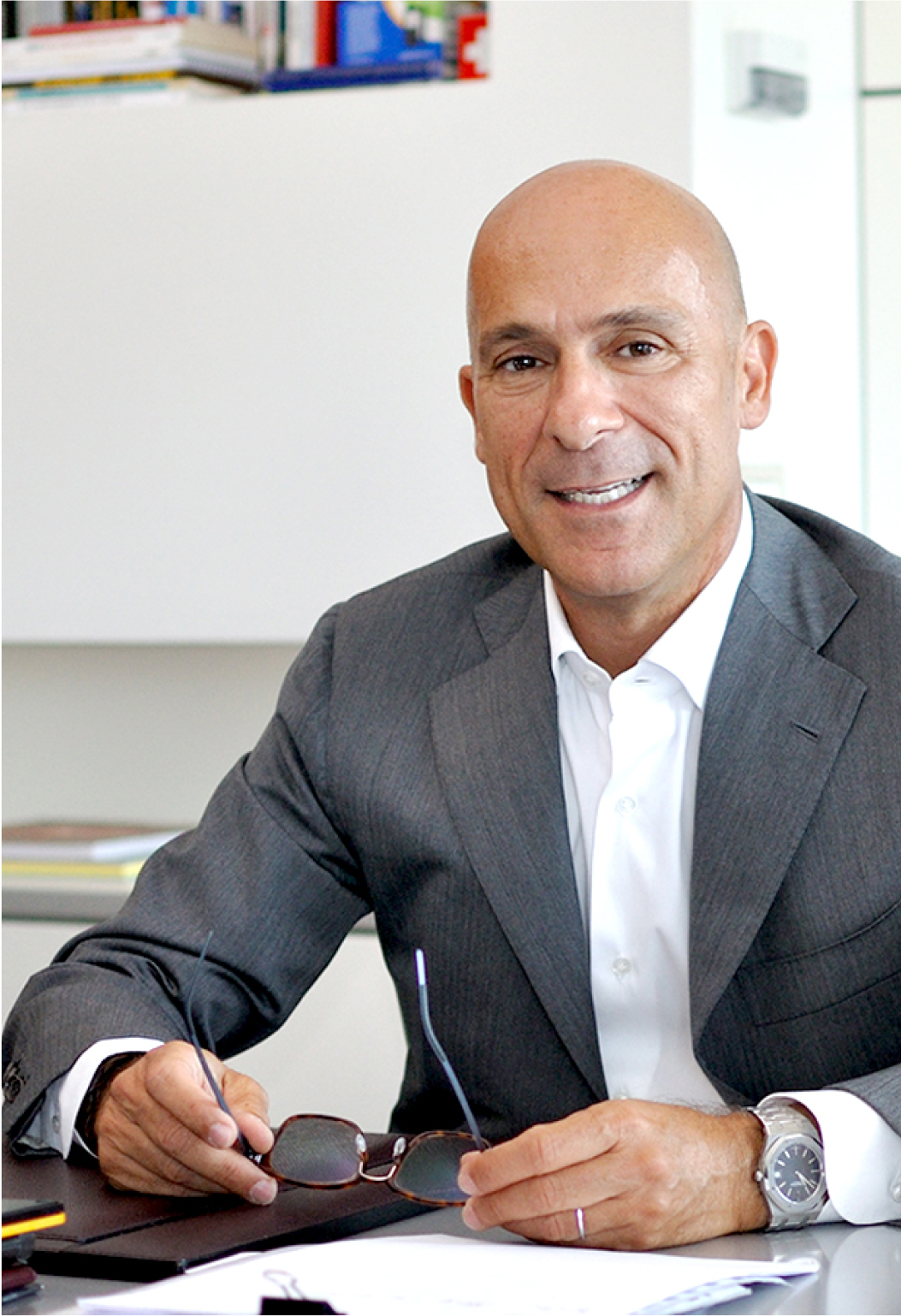
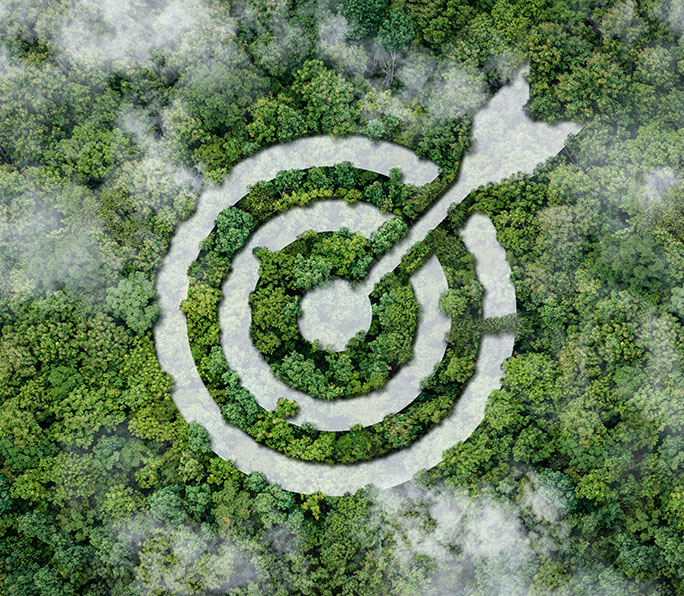
APPROVAL OF
13 ESG GOALS
in line with the Sustainable Development Goals (SDGs)
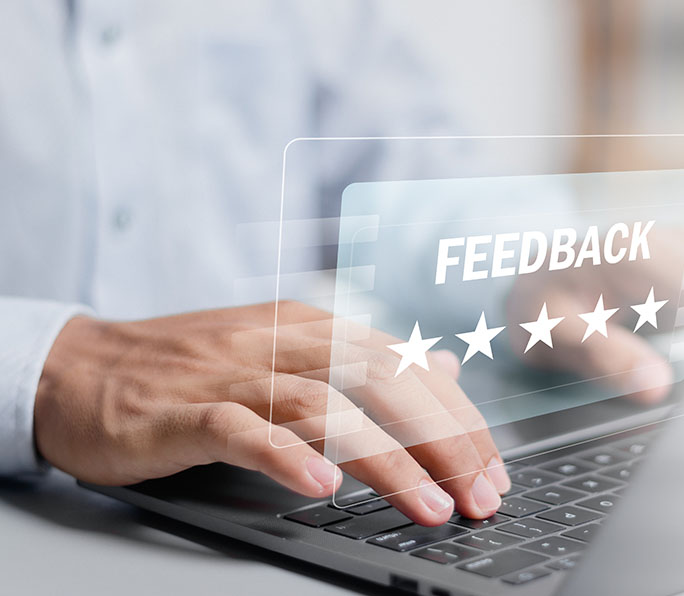
Global employee survey
with job satisfaction
for 77% of respondents

71%
of BoD members are
independent
Plastic is much more recyclable than you think; in fact, many of the plastic polymers can potentially be recycled into new products while minimising environmental pollution.
Plastic has a low environmental impact in the production phase due to its relatively low melting temperature and light weight. It also has a low impact on scarce resources as it derives from processing waste, if virgin, or from recycled material (unlike other packaging, such as paper that can contribute to deforestation).
The Group is increasingly focusing on solutions for the recovery of post-consumer plastic and its processing. We are constantly working with the biggest industry players to offer innovative solutions using recycled or biodegradable plastic.

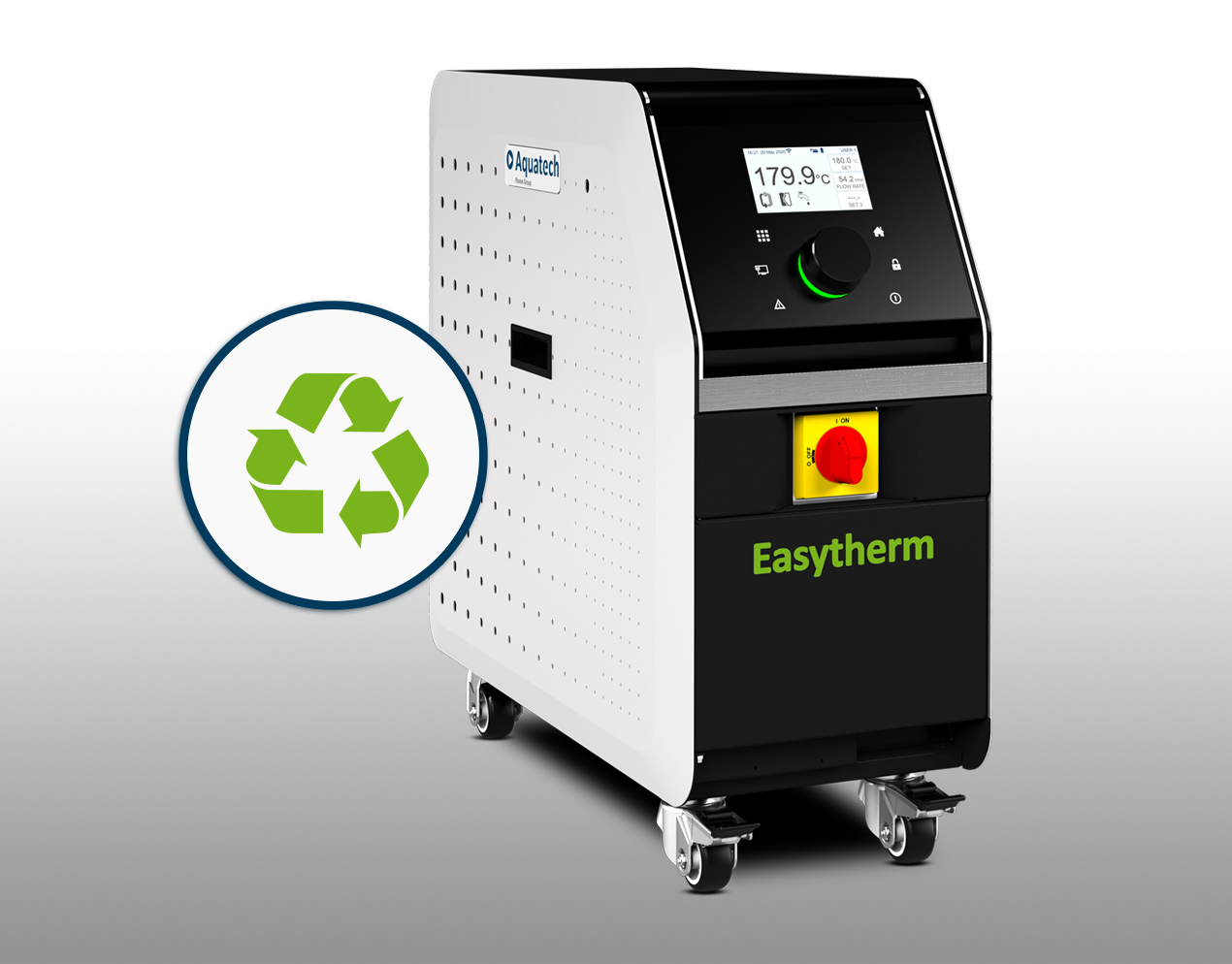







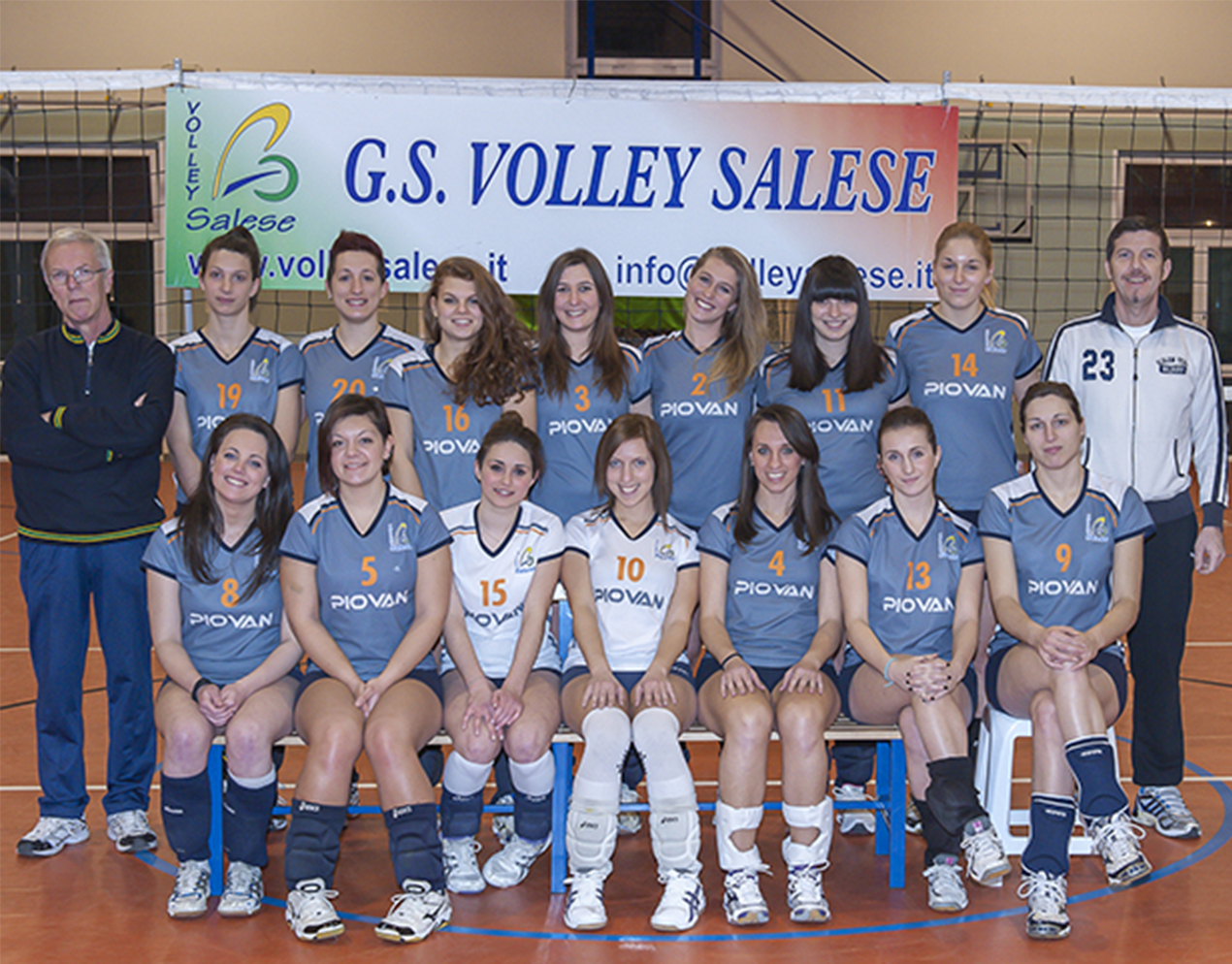

The Company considers an adequate governance structure and an effective control environment to be a fundamental element of its management and organisation, as a set of instruments, processes and bodies necessary and useful to direct, manage and verify corporate operations, with a view to efficient and ethical business practice.
In terms of corporate governance, Piovan S.p.A. has adopted a codified structure, with particular reference to the adoption of the principles set forth in the Corporate Governance Code drawn up by the Corporate Governance Committee of Borsa Italiana.
The corporate bodies that form Piovan S.p.A. governance system are as follows:

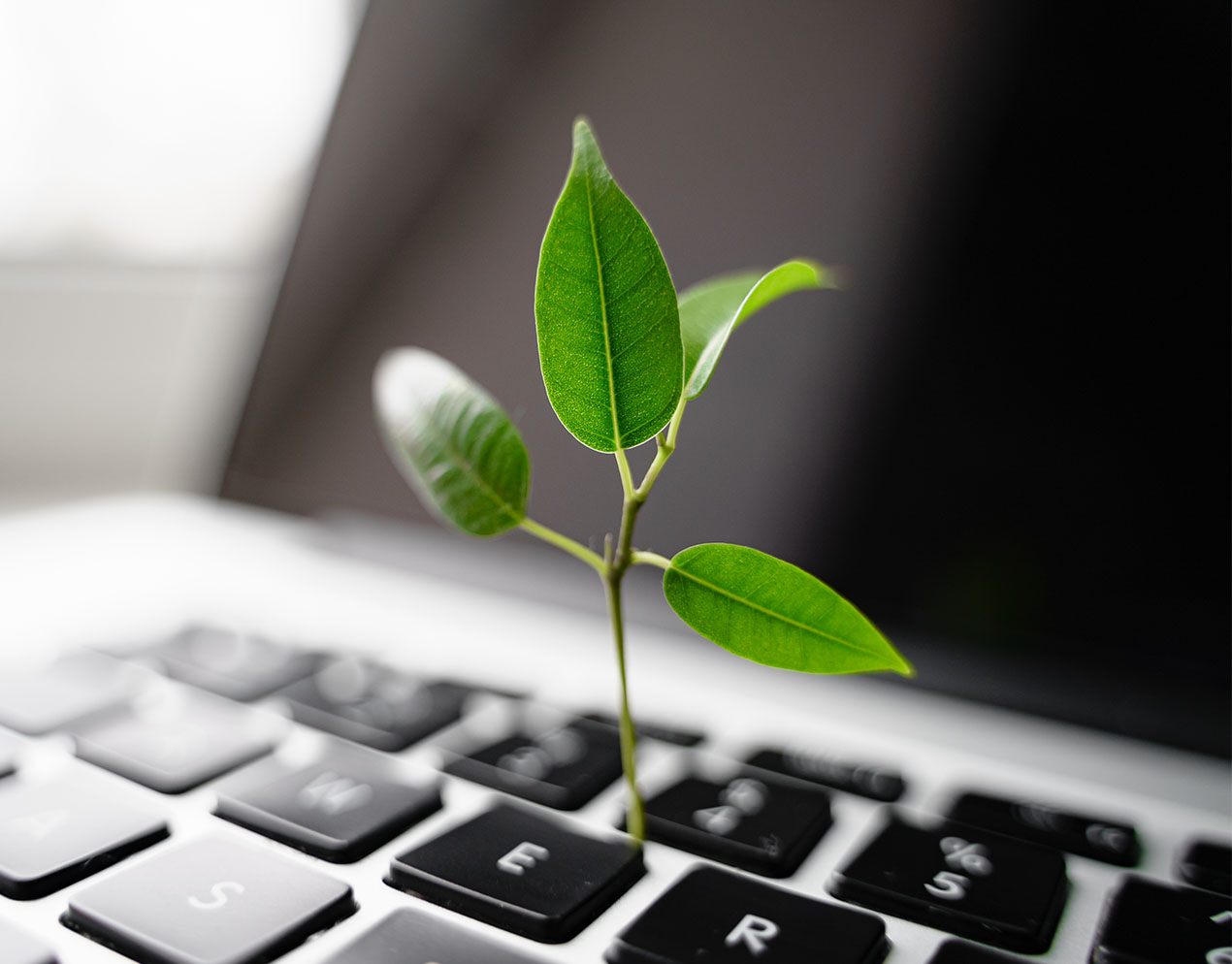
The Group's governance structure includes a Control and Risk and Sustainability Committee composed of three non-executive members, the majority of whom are independent.
The Control and Risk and Sustainability Committee, among other activities, supports and advises the Board of Directors on sustainability issues and evaluates sustainability policies aimed at ensuring the creation of value over time for all other stakeholders in the medium-long term, in accordance with the principles of sustainable development. Furthermore, the Control and Risk and Sustainability Committee evaluates the sustainability guidelines, objectives and consequent processes, and the sustainability reporting submitted annually to the Board of Directors, including, in particular, the Sustainability Report.

Through the Code of Ethics, the Group has sought to highlight and disseminate the values that have always accompanied it, such as
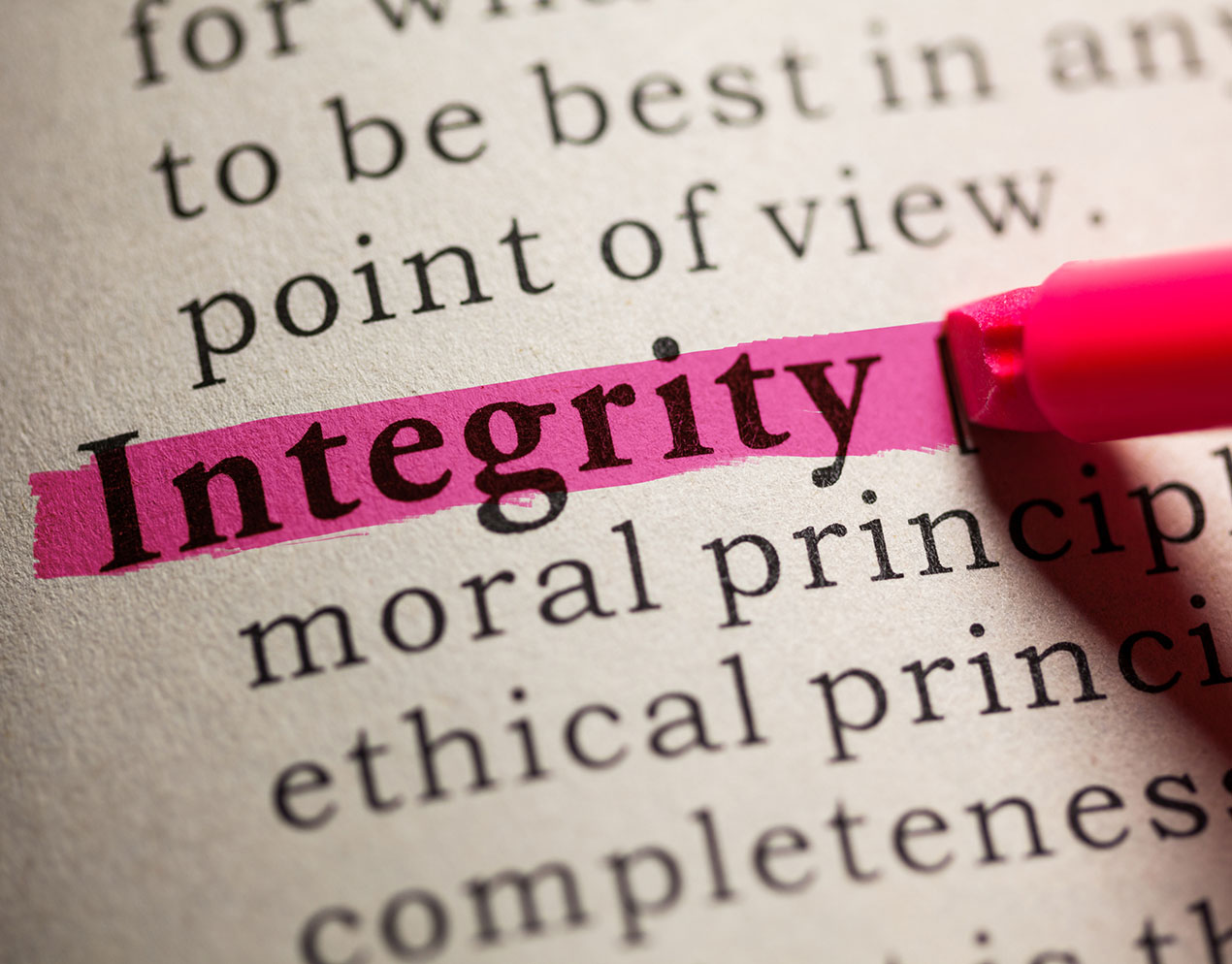

ESG - Social sustainability
The quality of what we do reflects the quality of the people who work with us. People who know they can count on an organisation that motivates each employee, enhances their talents, and enhances their skills.
People who enjoy an optimal working environment, have good career opportunities, and are proud to be part of a Group in which they trust and with which they share objectives and values.
NUMBER OF EMPLOYEES
TYPE CONTRACT